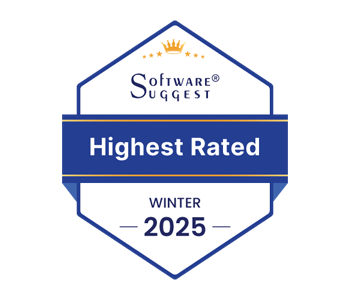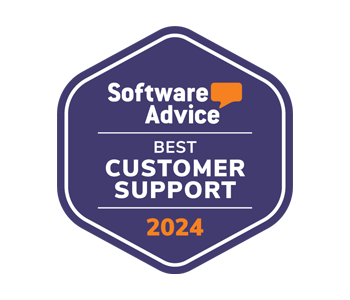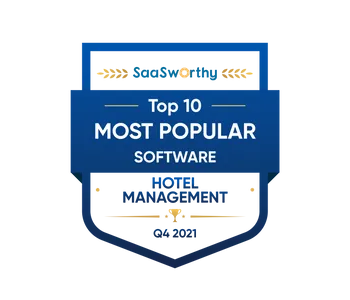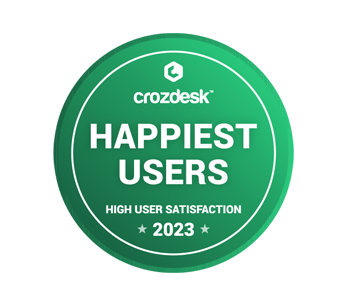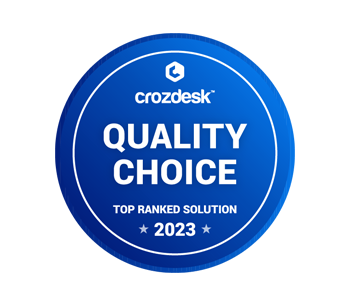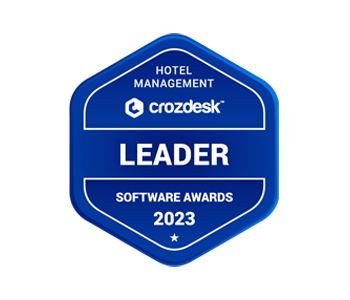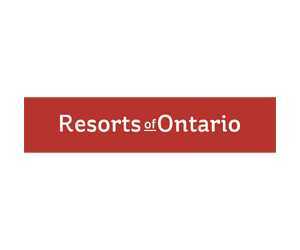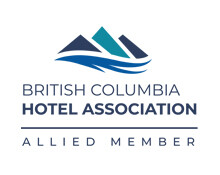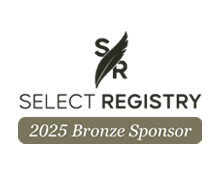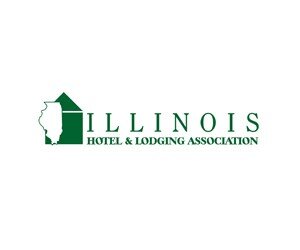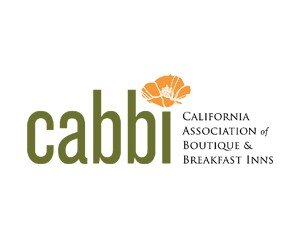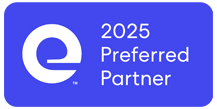There are a lot of moving parts to juggle when running a hotel. From property maintenance to managing staff to ensuring guest satisfaction, it’s easy to spend all your time attending to on-site matters. While it’s obviously critical to ensure a quality experience at your hotel, you won’t have any guests to impress if you’re ignoring your marketing duties. We recognize that marketing can seem overwhelming and unwieldy (chain hotels employ entire departments for the task after all), so we’ve created an outline summarizing the platforms you need to prioritize. Welcome to our crash course in marketing for independent hoteliers!
Website
Creating and maintaining a website is the most important thing you can do to market your property. This is the first place a potential guest will go to find out more about, and judge the legitimacy of, your hotel. When attending to your property’s webpage you should consider:
Design >> Considering your website will likely be the first point of contact, make sure it looks professional. People expect sites to be visually-pleasing, intuitive to navigate and mobile-friendly. If they don’t like your page, they’ll navigate away without a second thought. First impressions matter!
Content >> As an independent hotel your strength is your individuality. Use your website to highlight your property’s unique charm with professionally shot images and personalized copy.
Functionality >> Getting a browser’s attention with your website is the hard part, so don’t miss the opportunity to turn it into a sale. Incorporate a booking engine directly into your web page to maximize conversion rates and score direct bookings.
SEO >> Now that you’ve expended so much time and effort on your website, you need to make sure people can find it! Optimize your placement in search engine results by (authentically) incorporating keywords throughout your website copy and in your meta-description.
The previous tips are essential for an effective site, but like anything in life, there is always room for improvement. If you’ve tackled the primary aspects of your website and want to take it even further, think about upping the ante with these advanced options:
Blog >> An excellent way to get traffic on your site, and inch your way up search engine pages, is to add and update content continually. Blogging can be a powerful way to keep your site dynamic and showcase your hotel’s unique personality. Bear in mind, a blog can be a big commitment and will only be effective if you give it the TLC it requires.
Landing Pages >> Using landing pages can have a huge effect on your conversion rates. Start by creating a ‘Book Now’ landing page and work up to creating pages for special packages, upselling, and targeted campaigns. You can never have too many landing pages!
If you need help designing (or revamping) your website, feel free to contact our design team today.
Social Media
Effective marketing is all about reaching potential guests. You need to bring your brand to the people, and the people are on social media. When constructing your social media presence, start with Facebook (which has over two billion monthly active users!) and then consider incorporating other popular sites as you see fit. Regardless of the social site in question, make sure you:
Understand the platform >> Each social media platform is different and should be utilized in a different way. Whether it’s Instagram, Twitter, Pinterest, or Snapchat, not every vehicle is going to be suited to your marketing needs. Understand the value of each platform, choose the ones that compliment your business, and then use them appropriately.
Don’t seem corporate >> Social media is by nature very personal. People are using it to express themselves and engage with one another, so your business’s activity should reflect that authenticity. Posts can be funny, sincere or even silly, but overt advertisements will not be effective on these sites.
Engage >> Don’t think of your profiles as a one-sided conversation. Social sites are dynamic communities. Actively engage with your guests by replying to comments, liking their posts and sharing content you think they’ll like (not just specifically about your property). You may even want to consider holding social media competitions which will have users interacting with your brand (and expanding your marketing reach).
Online Travel Agencies
Whatever your opinion of Online Travel Agencies (OTAs), they are an integral part of marketing for all hotels (independent and otherwise). While you should be doing what you can to maximize direct bookings, it’s a good idea to make the most out of your OTA presence. Take some time to:
Manage your profile >> There is a lot of competition on OTAs. Stand out by completing all the fields on your profile, curating a collection of professionally shot images, highlighting special promotions and keeping all information and inventory up-to-date.
Optimize your placement >> Each OTA has a unique search algorithm and will typically offer suggestions for optimizing your placement on their site. Do what you can to capitalize on this advice.
Review Sites
The internet is littered with websites dedicated to reviewing products, services, and businesses. This matters because 92% of shoppers read online reviews. While you can’t control what people post about you online, that doesn’t mean you should ignore these sites. On the contrary, there is a lot you can do to manage your reputation on these platforms. There is no way you can address every review site online, so pick the major players (like Trip Advisor) and be sure to:
Claim your profile >> The first step to making review sites work for you is to claim your profile. This will allow you to keep the information on your profile accurate and up-to-date, and add a link to your online booking engine (yay for direct bookings!). These sites also typically include analytics that you can use for your own marketing analysis.
Respond to reviews >> Claiming your profile will allow you to take one of the most important steps in managing your online reputation: responding to reviews. Every property will experience negative reviews; that just comes with the territory. But the fallout associated with a negative review can vary dramatically depending on how you deal with it. People want to feel heard, so responding (as long as you are polite) will go a long way in rebuilding burnt bridges. Offer your apologies and contact information for further concerns and communication. Remember: your responses are public and will affect the way your property is viewed by general browsers as much as the individual reviewer.
Marketing can be scary—we get that. Take it one step at a time and try not to be overwhelmed. You’ve got this!










